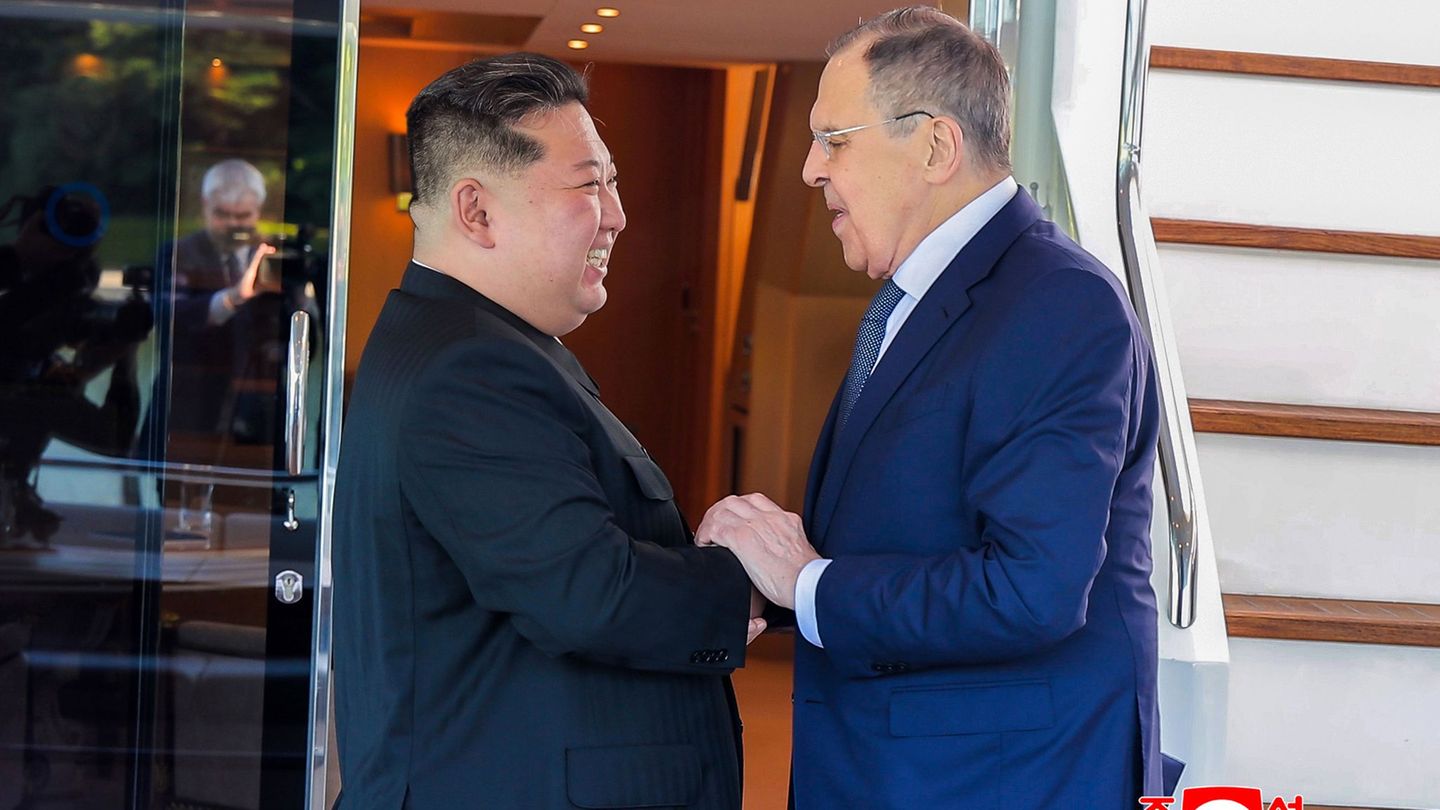According to the consultant, the consequences of the conflict already exceed its immediate impact on the prices of the main commodities produced by both countries: the deep recessions that Ukraine and Russia will suffer lay the groundwork for a contagion effect not only for the European economy, but also for the global economy. Why does the conflict exceed the volatility seen in the stock market? commodities? What risks does it present for the global economy? What challenges does it present for the Argentine economy?
1. Financial stress
In addition to the strong volatility of commodities, it was accompanied by a worsening of global financial conditions. The main global indices have shown strong declines since the beginning of the year and volatility has increased. Some financial stress indicators reached their highest level since April 2020, in the midst of the COVID-19 crisis.
2. Inflation
Wednesday of this week may have ushered in the end of an era of global ultra-liquidity. The Fed’s decision, for Ecolatina, “fell short of what the market expected prior to the Russian invasion (+50 bps), but it reflected the greater concern about escalating inflation (7.9% yoy, the highest in 4 decades ), where the war and geopolitical conflict logically had significance”.
However, the FED expects at least 6 more rate hikes for the rest of the year (while at the end of December it projected no more than 4 rate hikes for 2022). Thus, it would take the fed fund rate to 1.9% at the end of the year. Also, crucially, he stated that he will start reducing the balance sheet this year. To put it in perspective: in the previous crisis, tightening only arrived around 2013, approximately 5 years later, while now it would arrive only a year and months after the COVID-19 crisis.
Logically, given the disruption observed in the commodities market -unforeseen at the December meeting- the FED raised the inflation outlook (from 2.6% yoy Dec-22 that it estimated on Dec.-21 to 4.3% yoy Dec. -22 currently projected). At a global level, inflation expectations could rise to 2.5 pp over the baseline scenario only due to the Ukraine effect.
3. Overall growth
Although inflation may moderate the impact of rate hikes on credit and investment, the lower growth already expected may be even more affected. Russia and Ukraine are major players in the global market for grains, metals and minerals. Prior to the COVID crisis, more than 1 out of every 2 dollars that Ukraine exported corresponded to agricultural products (almost entirely cereals and oilseeds), metals (mainly iron and steel) and mining. In relation to cereals, both nations represented (prior to the invasion) approximately a third of world exports of wheat and a fifth of those of corn, respectively. Regarding wheat, beyond the explosive evolution of its price (+50% since the beginning of the year, +25% only since the invasion), the war presents a potential humanitarian and food crisis in some countries.
Disruptions in global supplies of these two countries’ main export products are already leading to a worsening of the global economic outlook. Logically, the most affected economies will be those of Ukraine and Russia, which from a growth projected by the IMF last October of 2.9% and 3.6% respectively, would fall by at least 7% and 50% according to other estimates. But this is not all: although Russia and Ukraine alone represent just over 2% of the global economy (before the war they were the world’s #11 and #56 economies), the key lies in contagion effects. At the moment, there is already a cut in the growth projection (from the 4% expected for 2022 to the current 2.8%) and some early recession indicators are dangerously close to warning ground.
Outlook for Argentina
“At the local level, the analyzes have been mainly limited to the currency balance (agriculture vs. energy) that the conflict implies. However, the importance of slower-than-expected global economic growth is high, and it could have an impact on the Argentine economy. In this sense, the best scenario to look forward to is a quick solution to the armed conflict followed by a quick coordinated reaction to alleviate these impacts,” concluded Ecolatina.
Source: Ambito
David William is a talented author who has made a name for himself in the world of writing. He is a professional author who writes on a wide range of topics, from general interest to opinion news. David is currently working as a writer at 24 hours worlds where he brings his unique perspective and in-depth research to his articles, making them both informative and engaging.




